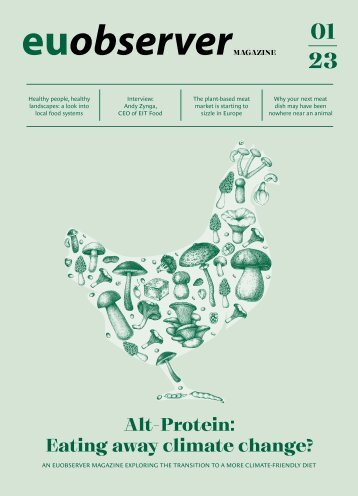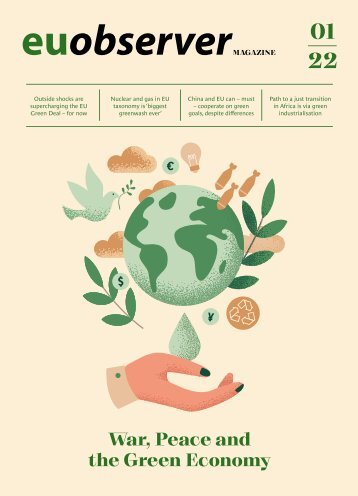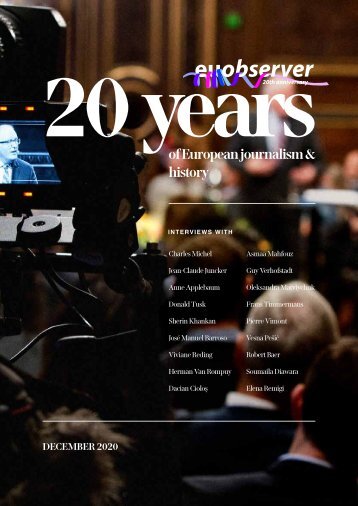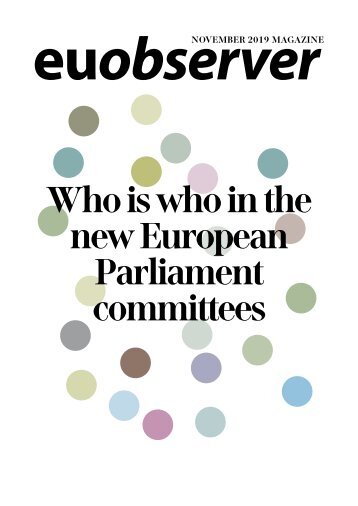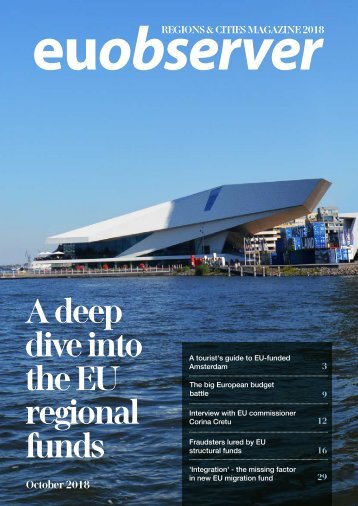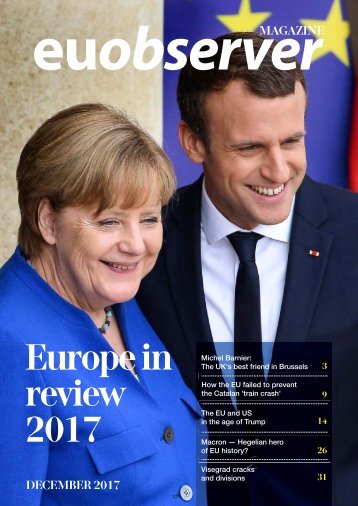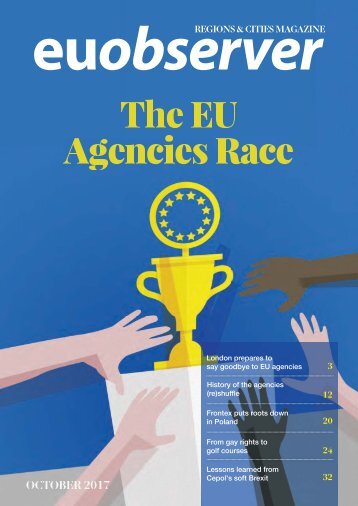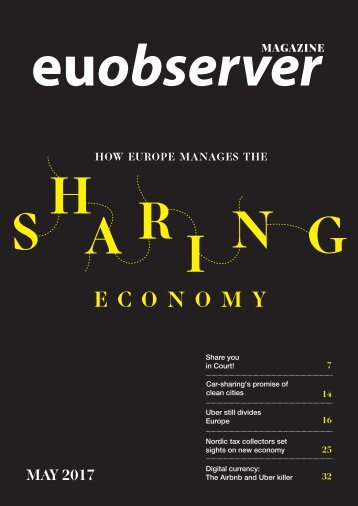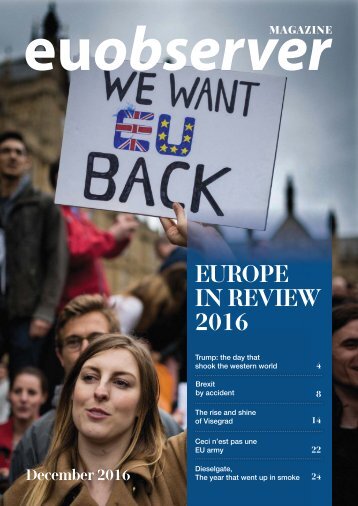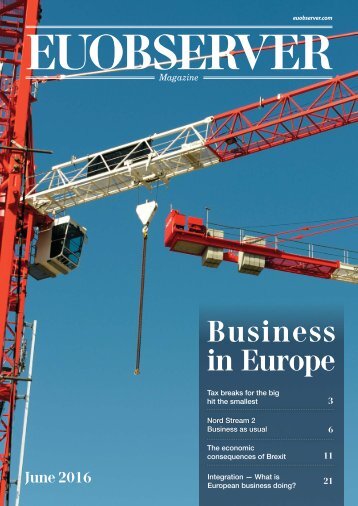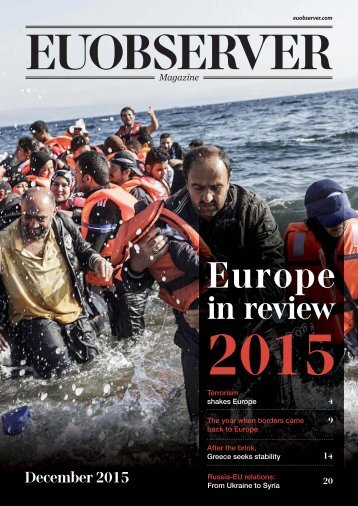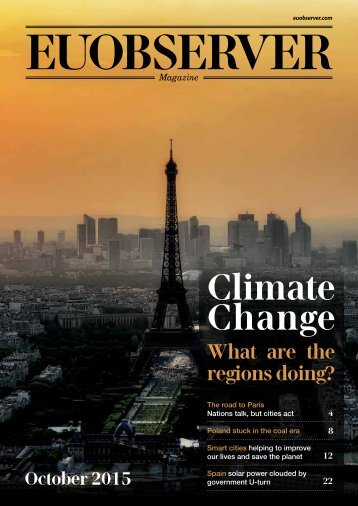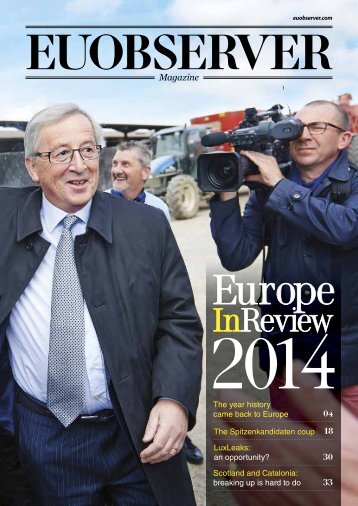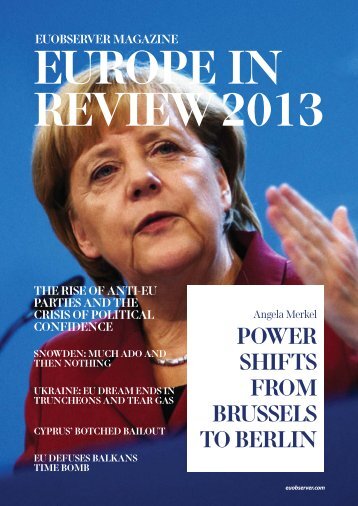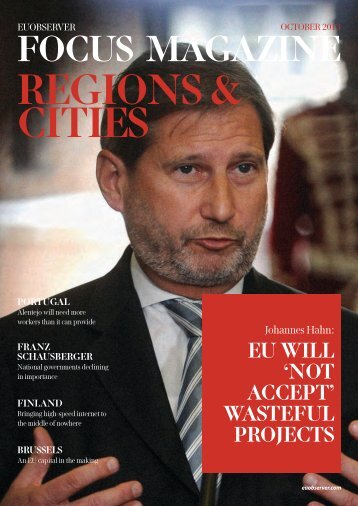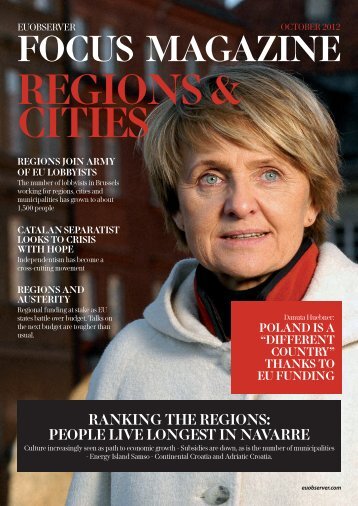European Parliament Elections 2019
- Text
- European
- Parliament
- Elections
- Meps
- Parliamant
- Brussels
- Strasbourg
- Russia
- Plenary
- Euobserver
"Strasbourg is a very
"Strasbourg is a very lovely city. All of us, we love it. It's historical, beautiful, cultural, artistic, everything. But we go there to work; we are not tourists in Strasbourg," said Corazza Bildt. Contrary to what citizens may think, MEPs themselves are sick of their forced nomadism. In fact, a majority of MEPs have repeatedly called for a single location for the EU parliament in resolutions. However, it is not up to them. The location of where MEPs meet is laid down in a treaty, which can only be changed by a unanimous decision of the EU's national governments. The history of the venue issue dates back all the way to the early days of European integration. In the 1950s, the assembly of the European Coal and Steel Community met in Strasbourg, while its secretariat was located in Luxembourg. The decision to meet in Strasbourg was partly due to the fact that a separate organisation, the Council of Europe, had a plenary hall with translation facilities available. Over the years however, more and more meetings were held in Brussels, where most of the EU institutions had begun to concentrate. That situation was always provisional, and not defined by law. This continued after the first direct elections of the European parliament in 1979, following which deputies decreasingly met in Luxembourg. It was not until a summit of national government leaders in Edinburgh in December 1992 that the location of the EU parliament was finally enshrined in law: Strasbourg would be the seat of 12 plenary sessions per year, while parliamentary committees would meet in Brussels. The treaty, however, did not say how many days the parliament should meet in Strasbourg, and since 2001 it has been custom for MEPs not to meet on a Friday during Strasbourg week. LOCATION DUPLICATION The location duplication, however, remains an issue in legal disputes, with France doing all it can to defend the status quo. Luxembourg often sides 'Strasbourg is a very lovely city,' said MEP Anna Maria Corazza Bildt. 'But we go there to work; we are not tourists in Strasbourg' Photo: Peter Teffer 16 — EUROPEAN PARLIAMANT ELECTIONS 2019
The 'travelling circus' costs the EU parliament more than €100m a year Photo: Peter Teffer with France at hearings in the Court of Justice, as it still hosts the secretariat of the parliament. In one such case of France v Parliament, in October 2018, the court ruled that the parliament was within its right when it adopted the annual budget for 2017 in Brussels rather than in Strasbourg. MEP Corazza Bildt sees enough reasons for optimism, and noted the issue was previously "taboo". She spoke to French president Emmanuel Macron twice about the seat issue. "He didn't close the door to dialogue," she said. Another positive sign was a public remark by German chancellor Angela Merkel in mid-2018. "The work of the European Parliament should be in one location," the German leader declared at a meeting of the European People's Party, the largest political family in the EU. "That's been an absolute game-changer," Corazza Bildt said about Merkel's statement. "My assessment is that it's not a mission impossible. It's a matter of time." Germany's support is vital, because 'Strasbourg' also has a symbolic value beyond mere voting. The surrounding Alsace region played an important role in Franco-German wars of the 19th and 20th centuries - one of the many reasons behind the original foundations of the current-day European Union. 17 — EUROPEAN PARLIAMANT ELECTIONS 2019
- Page 1 and 2: EUROPEAN PARLIAMANT ELECTIONS 2019
- Page 3 and 4: European elections 23-26 may 2019 t
- Page 5 and 6: Currently, the largest political gr
- Page 7 and 8: The meeting of the bureau, chaired
- Page 9 and 10: Frans Timmermans fired up at the So
- Page 11 and 12: In February 2018 it adopted a text
- Page 13 and 14: THE CANDIDATES Manfred Weber, EPP (
- Page 15: The travelling CIRCUS Twelve times
- Page 19 and 20: As this magazine went to print, the
- Page 21 and 22: EU commissioner Miguel Arias Canete
- Page 23 and 24: German MEP Rainer Wieland (r) oppos
- Page 25 and 26: Russian leader Vladimir Putin with
- Page 27 and 28: that no one may be insulted or disc
- Page 29 and 30: He invited the World Congress of Fa
- Page 31 and 32: Europa' memes to provoke tension. B
- Page 33 and 34: Political science professor Ariadna
- Page 35 and 36: The gender gap at EU elections Prop
- Page 37 and 38: On average, fewer women vote in the
- Page 39 and 40: STAKEHOLDER Follow F4E on Twitter @
- Page 41 and 42: JULY - A new European Commission pr
- Page 43 and 44: EUobserver Making sense of the EU G
Inappropriate
Loading...
Mail this publication
Loading...
Embed
Loading...

